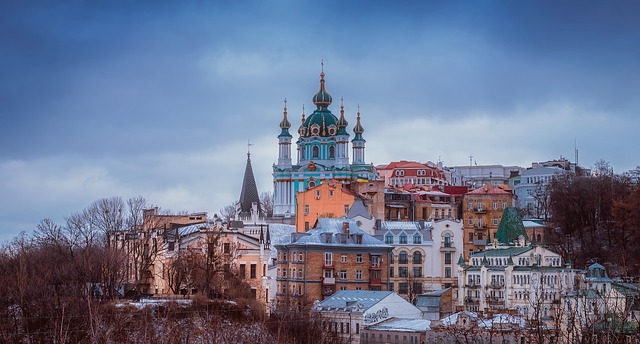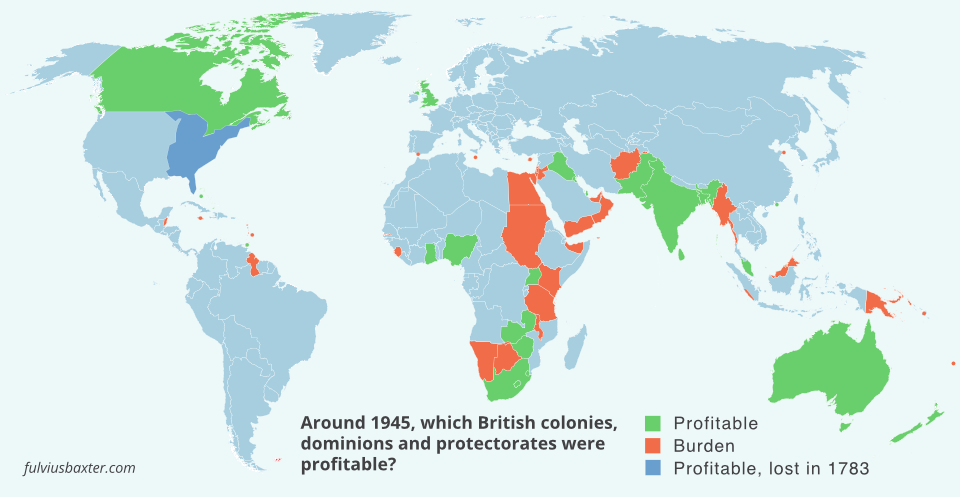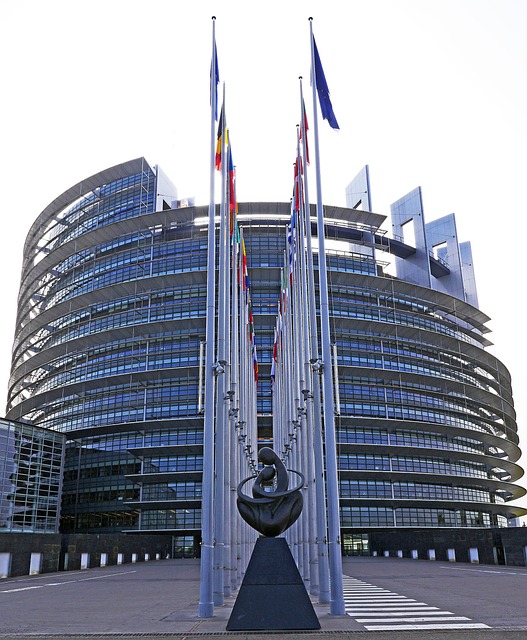 We are now in the final week of the year and it is time to predict the future. I have been playing this game for many years, with varying results. Sometimes you can see long-term trends, but it is much harder to predict what will happen in the next 365 days.
We are now in the final week of the year and it is time to predict the future. I have been playing this game for many years, with varying results. Sometimes you can see long-term trends, but it is much harder to predict what will happen in the next 365 days.
The US & Trump
If Trump returns to power (a lot can still happen before he takes the oath of office on 20 January), I think we will see a more introverted American empire. Trump has already mentioned the importance of the Panama Canal for trade, its American origins, as well as the strategic role of Greenland in the north and Canada’s important position as a neighbour. It is clear that Trump is focused on consolidating US territory, trade routes and outposts, instead of adventures on the other side of the globe. Add tariffs and duties, combined with low domestic taxes and less bureaucracy, and the result is a business climate reminiscent of US strategy before the two world wars.
The Ukraine war
The Ukrainian war will enter a new phase. If the US reduces its support, Ukraine cannot continue the war. This could lead to either a chaotic breakdown or negotiations. Most wise leaders would choose negotiations – something that is long overdue. Neighbouring a major power is costly, and Ukraine would need to balance its unique geographic position by staying on good terms with Russia, the EU and the US. A peace deal in 2025 could see the eastern parts become Russian – exactly how much remains to be seen. Ukraine will probably become neutral, and new elections should be called, as Zelensky is now illegitimate since the regular elections were cancelled. My prediction is that a peace process will start in 2025.
Middle East
Iran is likely to keep a low profile. I don’t see a war with the US or Israel. Russia is likely to keep its bases in Syria, and the new leadership there has not shown any hostile intentions towards the Russians. Rather, Syria seems to want to maintain good relations with both Turkey and Russia.
Israel, on the other hand, seems to be in an expansionist phase, both towards the Syrian border and the Palestinian territories. The question is how this will end. Israel cannot possibly alienate and defeat all its neighbours – especially if the US starts making demands. This can result in a tale of ‘grasp all, lose all’.
China & Taiwan
Although Trump advocates tough rhetoric against China, I do not believe in a military conflict. However, we may see a lukewarm trade war. The Chinese may realise that their heyday is over, but at the same time they have spread their trade channels globally, so US tariffs will not fundamentally disrupt the Chinese economy. Rather, from a broader perspective, trade can be ‘normalised’, with both sides making fairer profits. US manufacturing is growing, while Chinese manufacturing is slowing down slightly.
The EU and Germany
Germany goes to the polls next year, perhaps as early as February. How would the EU evolve if Germany were led by a true right-wing government? With alliances to the east – for example with Hungary and Slovakia – there could be a split with the more left-leaning countries of the North and France. After Brexit, with only two major powers left in the EU, there is a risk that one of them will leave or start obstructing. France would probably not like a German awakening.
The EU has long been governed remotely from across the Atlantic. The continent needs policies that favour its own people and create jobs, innovation and confidence. This change could start in 2025. And it could be a turbulent year.
Latin America
Several countries in Latin America, such as Brazil, Argentina and El Salvador, seem to be waking up. This vast continent, which has been in the doldrums for so long, could see an increase in further economic growth and development this year.
Sweden
It will take time for Sweden to settle into the new political reality. The familiar leftist rhetoric of solidarity with the whole world, globalism, climate anxiety and gender excesses remains. Sooner or later, citizens will realise that leaders who do not recognise Swedish culture or identity will not represent the Swedish people either. This awareness may well increase further in 2025.







